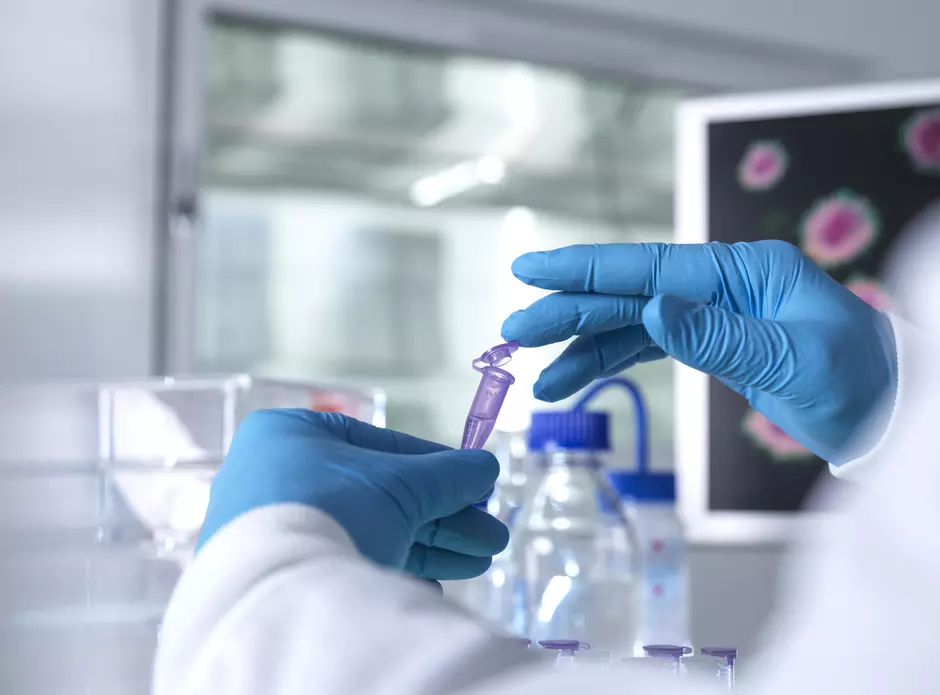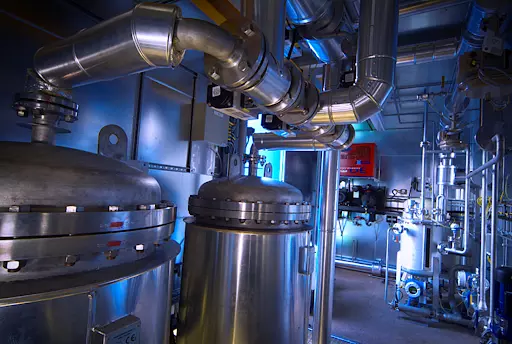With energy and water savings, process efficiency, and considerable operational advantages, MPPE is a technology that offers an efficient solution to some of the most testing industrial waste streams. Now it’s giving new life to pharmaceuticals.
The pharmaceutical industry faces particular and unique challenges when it comes to wastewater. Toxic waste components, like the hydrocarbon or solvents used in production and synthesis processes, can make pharmaceutical effluent discharges difficult and costly to manage.

While the use of hydrocarbons depends on specific manufacturing requirements, they are in common usage in research and development laboratories, biotech clinical facilities, and chemical synthesis of Active Pharmaceutical Ingredients (APIs). Indeed, more than 30 solvents are regularly used in this industry, including chlorinated solvents, alcohols like ethanol and methanol, other polar solvents like acetone, and aromatic components such as toluene.
In many jurisdictions, hydrocarbon discharge requirements are extremely stringent, and these limits are steadily becoming stricter over time. This is of growing importance, primarily as more stringent regulatory requirements are enforced. Furthermore, many companies are relocating their operations to regions where environmental and regulatory standards are typically more demanding. For the pharmaceutical sector, an effective method of removing these materials is simply a regulatory requirement if they are to operate their facilities.
“Hydrocarbon discharge requirements are extremely stringent and are steadily becoming stricter over time.”
Furthermore, the demands of corporate social responsibility mean that there is an increased focus on brand and image protection, especially where waste streams are relatively hazardous, as is the case with hydrocarbons. Typically, such waste streams are treated using distillation columns, but this approach is very energy intensive and can present a number of operational issues if the distillation column needs to be cleaned, for instance. As a result, the pharmaceutical sector is looking for alternative solutions to hydrocarbon removal.
The MPPE route to hydrocarbon removal
Veolia Water Technologies’ Macro Porous Polymer Extraction (MPPE) is a highly effective technology for removing dissolved and dispersed hydrocarbons from wastewater. A fully automated process, it requires minimal operator attention, uses no chemicals, and produces no sludges or gases. It relies on an extraction liquid with a strong affinity for hydrocarbons that is fixed within a packed bed of porous polymer beads. As the wastewater passes through the bed, the hydrocarbons migrate from the water phase into the extraction liquid. The treated effluent can then either be further treated, reused, or discharged.

As the extraction liquid becomes saturated with hydrocarbons, periodically, it is regenerated by gently heating it with low-pressure steam at about 112°C. The hydrocarbons within the extraction liquid are released through evaporation and subsequently condensed and removed as a liquid phase in a separator. Almost all of the hydrocarbons are removed, and as there are two columns in play within the MPPE process, simultaneous extraction and regeneration are possible. The wastewater stream is switched to the alternative bed during regeneration of the first, meaning no interruption in plant operations.
A fully automated process, it requires minimal operator attention
MPPE extraction technology can achieve any required removal efficiency by simply adding more media to the column. Indeed, compared to competing technologies, the efficiency MPPE can finally reach is significantly higher, and the system is supplied with a guaranteed separation performance for the operational life of the unit.
For polar components, a different type of media can be used that is operated in the same way, enabling the removal of a large range of hydrocarbons.
Check out Part II of this post below. For more information on MPPE, please click here
Author: Atlantean Media






